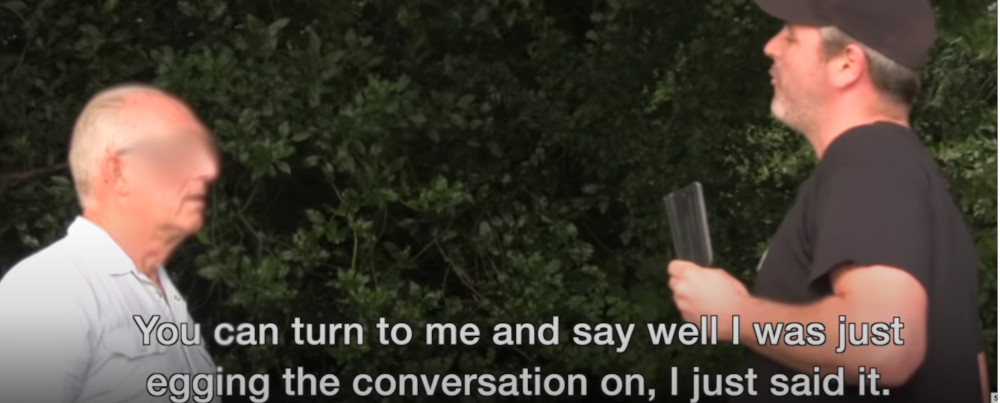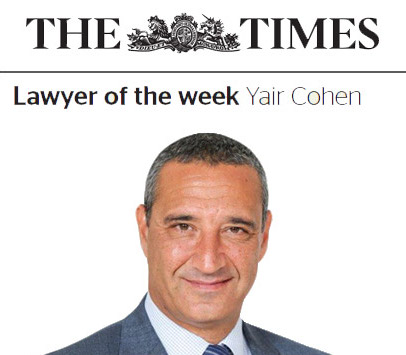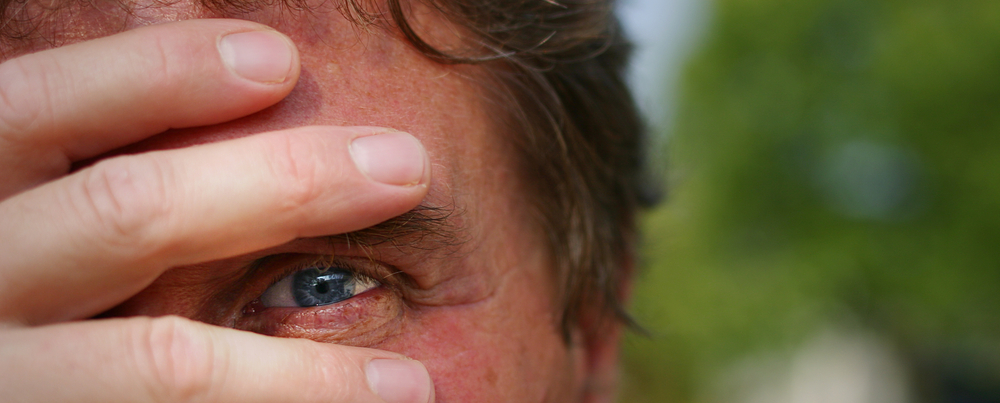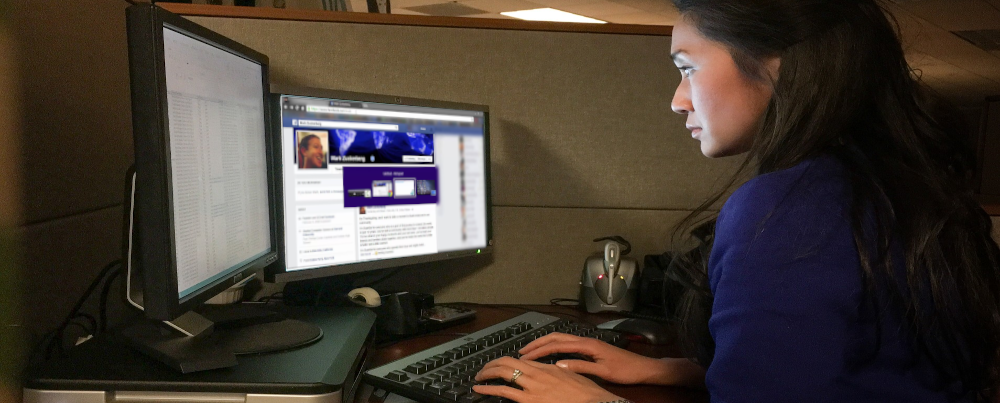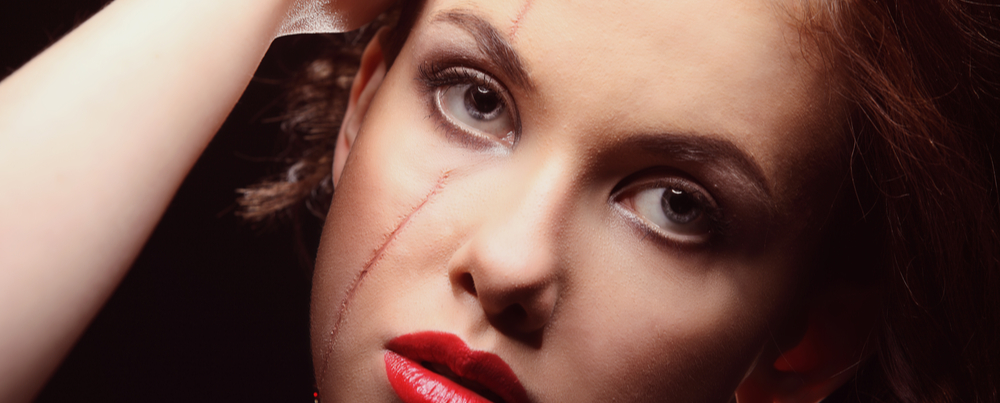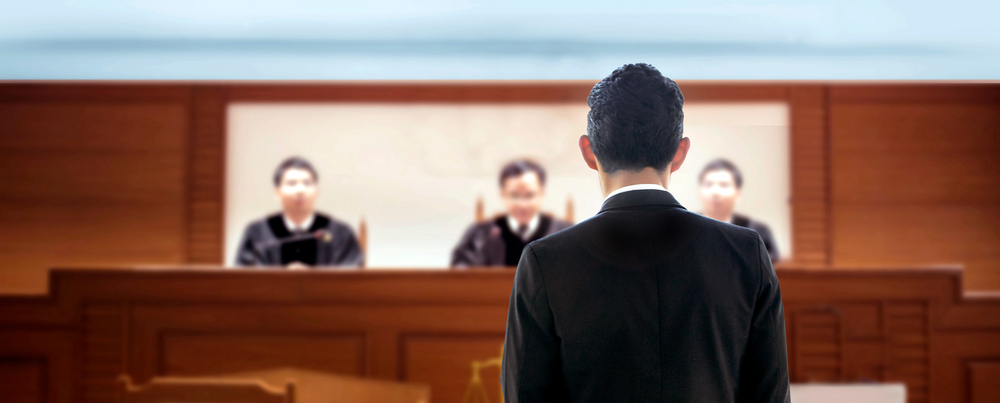Can you remove a video from a paedophile hunter website?
Should you find yourself the subject of targeting by individuals or groups purporting to be paedophile hunters, and subsequently having a video featuring you published, it is highly likely that you possess a legal entitlement to seek the removal of said video. The retention of a proficient solicitor may prove advantageous in navigating this complex legal terrain.
Table of content
I have been defamed and made out to be a paedophile on social media what should I do
Is it possible to remove videos from a paedophile hunters' website
Can you remove a video from a paedophile hunter website using a right to be forgotten
I have been defamed and made out to be a paedophile on social media what should I do
If you find yourself in this unfortunate and distressing situation, where you've been falsely portrayed as a paedophile on social media, it's absolutely essential to act swiftly. This is especially critical if the false information, including videos and other harmful content, has already been widely shared. Here's a step-by-step guide on what to do:
- Contact a specialist lawyer: Look for a lawyer specialising in defamation and internet law. They will have the expertise and experience to advise you effectively. An expert in this field can take legal steps to have the defamatory content removed from the internet, including videos and any other damaging material.
- Preserve evidence: While the material is harmful, it's crucial to document the defamation. Screenshot posts, save URLs, and record any instances where the material has been shared. Your legal representative will use this evidence to build a case against those defaming you.
- Stay quiet publicly: Though it may be tempting to defend yourself publicly, it is often best to stay quiet and limit discussions about the situation. Speaking about it publicly or on social media might inadvertently cause the information to spread further.
- Report to social media platforms: All social media platforms have policies against the spread of defamatory content. Report the false information to the relevant platforms. They can remove the content and, in some cases, suspend or ban the offending users.
- Seek an injunction: In certain cases, your lawyer may advise you to seek a court injunction. This legal order can force the removal of defamatory content and prevent further spread.
- Vigilante evidence: If you've been lured into a situation by so-called 'paedophile hunters', it's essential to share this with your lawyer. Often, evidence gathered in this vigilante-style manner is not legally solid, and this could be crucial to your defence.
When an individual is falsely accused of a heinous crime like paedophilia, the repercussions can be severely damaging. If you find yourself in such a situation, it is critical to act swiftly and seek professional legal advice from a lawyer specialising in defamation and Internet law. The longer the information stays online, the greater the potential for irreversible damage to your personal and professional reputation. Immediate action serves several crucial purposes including mitigation: of the overall damage caused by the false information, and demonstration of innocence where appropriate by challenging the false narrative.
Is it possible to remove videos from paedophile hunters' website
Yes, it is indeed possible to have videos removed from 'paedophile hunters' websites and other platforms where they might be shared. The primary basis for the removal of such content relates to legal and ethical considerations surrounding defamation, privacy rights, and the collection of evidence.
Defamation: False allegations of criminal activity, such as paedophilia, can be considered defamatory. Defamation occurs when false information is presented as a fact that injures someone's reputation. If a 'paedophile hunter' has wrongly identified you and is spreading this false information, this may well be defamatory, and you could potentially have the content removed on these grounds.
Privacy rights: Privacy laws protect individuals from the public dissemination of personal and private information without consent. This includes video content. If videos of you have been shared without your consent, it might be considered a breach of privacy, and you can take legal steps to have them removed.
Improperly gathered Evidence: In many jurisdictions, evidence gathered through entrapment or deception, as is often the case with 'paedophile hunter' stings, is not admissible in court. While this depends on specific regional laws, it does cast doubt on the real intention of the person being the subject of the videos. The way the conversation began and then carried on could support your case to have them removed.
Online harassment and bullying: Most social media platforms and websites have strict policies against harassment and bullying. If you're being targeted and harassed by a 'paedophile hunter', you can report this behaviour to the website or social media platform. They may take steps to remove the content. To navigate this process, you should engage the services of a lawyer specialising in defamation and Internet law. They can guide you through the appropriate steps to have the content removed and can assist you in taking legal action if necessary.
Can I take legal action against a vigilante group who published video of me and who falsely accused me of being a paedophile
Yes, it is indeed possible to take legal action against a vigilante group that has falsely accused you of being a paedophile and published videos of you. That being said, there are practical considerations to keep in mind that might make such action challenging.
- Costs: Legal proceedings can be expensive, including attorney fees, court costs, and possibly the costs of private investigators to identify the individuals behind the vigilante group.
- Identification: These vigilante groups often operate anonymously or under pseudonyms, making it difficult to identify the individuals responsible for the defamatory content.
- Financial viability: Even if you successfully sue the individuals, they might not have sufficient funds or assets to pay any damages awarded, making the practical benefit of a lawsuit questionable.
- Publicity: A public lawsuit can sometimes draw more attention to the defamatory content and potentially exacerbate the situation. This is commonly referred to as the Streisand Effect.
- Damages: Even if you win your case, the judge might only award nominal damages.
However, winning a lawsuit can offer other important forms of relief. Despite these challenges, taking legal action can still be worthwhile for a number of reasons. If you're successful, you can obtain an injunction against the individuals or the group.
This court order can legally compel them to remove the offending videos from the internet and prevent further defamatory content from being published. The injunction can also be enforced against search engines, requesting them to de-index the offending material, making it harder for people to find the content online.
While the decision to take legal action should be made on a case-by-case basis, discussing your situation with a specialist lawyer can provide you with a clear understanding of your legal options and the potential risks and benefits involved.
A paedophile hunter group is threatening to post a video allegedly showing me coming to meet a young person but I did not know that the person I was chatting to online was under age
In a situation where a paedophile hunter group is threatening to publish a video of you without your consent, under allegations of illegal activity, it's important to seek immediate legal assistance. If you were not aware that the individual you were communicating with online was underage, you might not have knowingly committed an offence. A lawyer specializing in Internet and defamation law can guide you through the necessary steps to protect your rights and reputation. Here's what you can do:
Contact a Lawyer
The first thing to do is to consult with a lawyer who specialises in defamation and Internet law. Call us on 0207 183 4123 or visit our contact page to speak to one of our specialist lawyers. They can provide you with appropriate advice tailored to your specific situation, inform you about your rights, and guide you on the best course of action.
Preserve Evidence:
Gather and save all the evidence related to your online interactions with the person in question. This includes chat logs, emails, social media messages, etc. It's critical to show that you had no knowledge of the individual being underage and that you had been mislead or manipulated.
Do Not Engage:
Do not engage or communicate directly with the group threatening to post the video. Any communication should be handled by your legal representative.
Report to Authorities:
Depending on the specifics of your situation, you may need to report the threats to local law enforcement. 'Paedophile hunter' groups often employ tactics that may be considered harassment or intimidation, which could be illegal. If you want the help of a lawyer to assist you in reporting the matter, let us know. We have specialist police station representatives with whom you can consult before you take any steps.
Report to Social Media Platforms:
If the group is threatening to post the video on a social media platform, you can pre-emptively report them to the platform’s administrators, outlining your concerns. Many platforms have strict policies against such behaviour and might be able to help.
Prepare for a Legal Response:
With your lawyer, you should prepare to respond legally if the video is published. This could involve applying for an injunction to have the video removed or even suing the group for defamation. Remember, the legal landscape around these issues is complex and constantly evolving. It's crucial to have experienced legal counsel to navigate this challenging situation.
Can you remove video from paedophile hunter website using a right to be forgotten
Absolutely. Under the Right to be Forgotten, established in the General Data Protection Regulation (GDPR) by the European Union, individuals have the ability to request the removal of personal data from online sources, including potentially damaging videos posted by 'paedophile hunter' groups.
This right is especially relevant if the content is inaccurate, misleading, or causing unwarranted harm to your reputation. The principle behind the Right to be Forgotten is about balancing the public's right to access certain information with protecting an individual's privacy. If the personal harm from the information's online presence outweighs the public interest in accessing the information, the data may be removed. In the context of videos posted by 'paedophile hunter' groups, these videos often contain personal data - including images, names, and potentially other identifying information.
If you're able to demonstrate that the video is misleading, inaccurate, or causing undue harm, such as defamation, you can make a request invoking the Right to be Forgotten to have the video taken down. However, it's important to remember that this right isn't absolute.
For instance, the Right to be Forgotten may not apply if there's a substantial public interest in the information remaining accessible. In such cases, the argument could be made that these videos serve to protect the public from potential harm.
To navigate these complexities, it's recommended to consult with a lawyer who specialises in internet, privacy, or defamation law. They can provide guidance tailored to your specific situation and help you draft a removal request if appropriate. We will never judge you. We are here simply to help.


